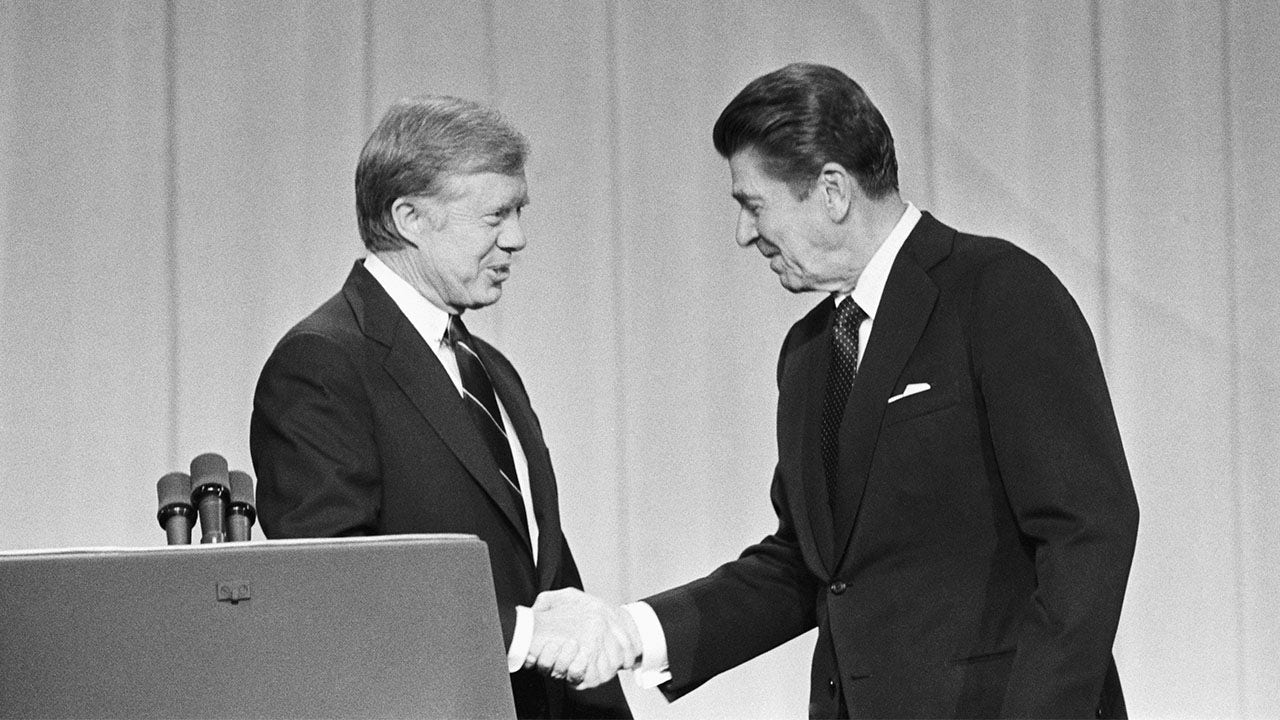Jimmy Carter’s presidency: A time of ‘malaise’ that led to the election of Ronald Reagan

Former President Jimmy Carter, who served one term in the White House, is remembered for his significant accomplishments as well as the challenges he faced during his tenure. Carter’s presidency was marked by several key achievements, including the Camp David Accords between Israel and Egypt, the Strategic Arms Limitation Treaty (SALT), the Panama Canal Treaties, and the deregulation of the airline industry.
However, Carter also grappled with various domestic and international crises, such as the Nicaraguan revolution, the Soviet invasion of Afghanistan, and the Iranian hostage crisis. These challenges, coupled with high inflation, an energy crisis, and perceived weakness on the world stage, contributed to Carter’s defeat in the 1980 election to Republican challenger Ronald Reagan.
In a pivotal moment during his presidency, Carter delivered a speech in July 1979 that came to be known as the “malaise” speech, although the word “malaise” was not actually used in the address. In the speech, Carter called for a sense of civic duty and shared sacrifice among Americans to address the nation’s challenges. While initially well-received, the speech did not ultimately bolster Carter’s image as a strong and effective leader.
Historians and political analysts point to the economic conditions and perceived decline in American power as key factors in Carter’s electoral defeat. The Iran hostage crisis and failed rescue attempt further eroded confidence in Carter’s leadership, leading voters to elect Reagan, who projected strength and confidence during his campaign.
Despite his accomplishments, Carter’s presidency is often overshadowed by the “malaise” speech and the challenges he faced during his time in office. As we reflect on Carter’s legacy, it is important to acknowledge both his successes and the obstacles he encountered during his presidency.
Paul Steinhauser is a politics reporter based in New Hampshire.




